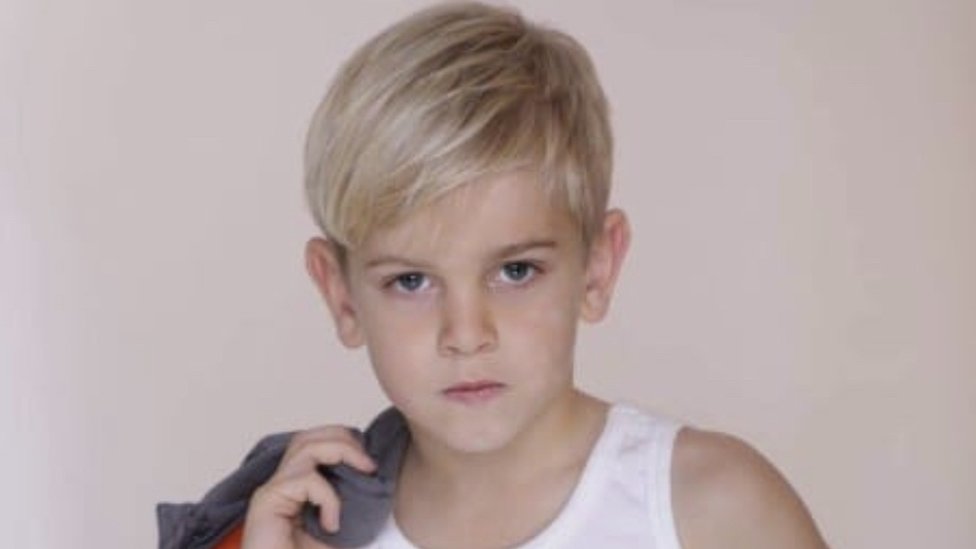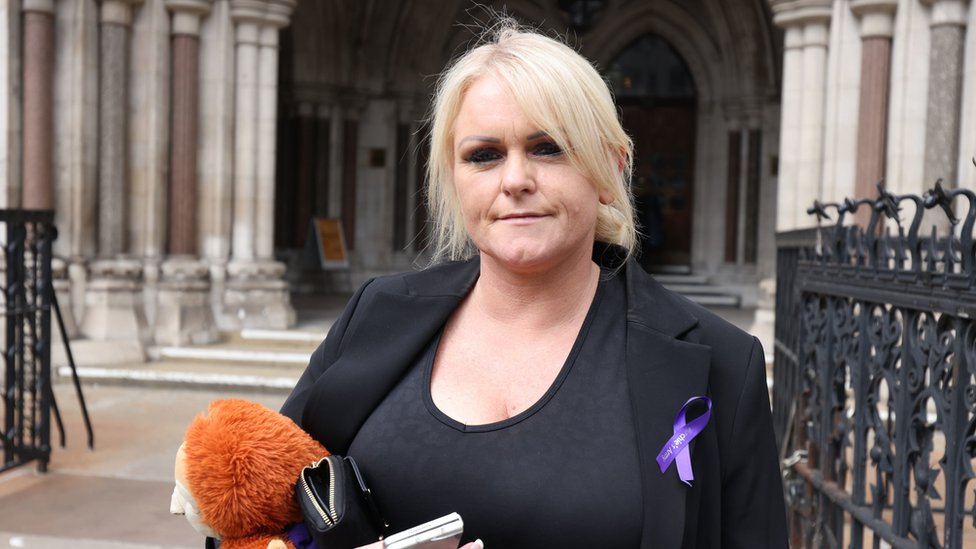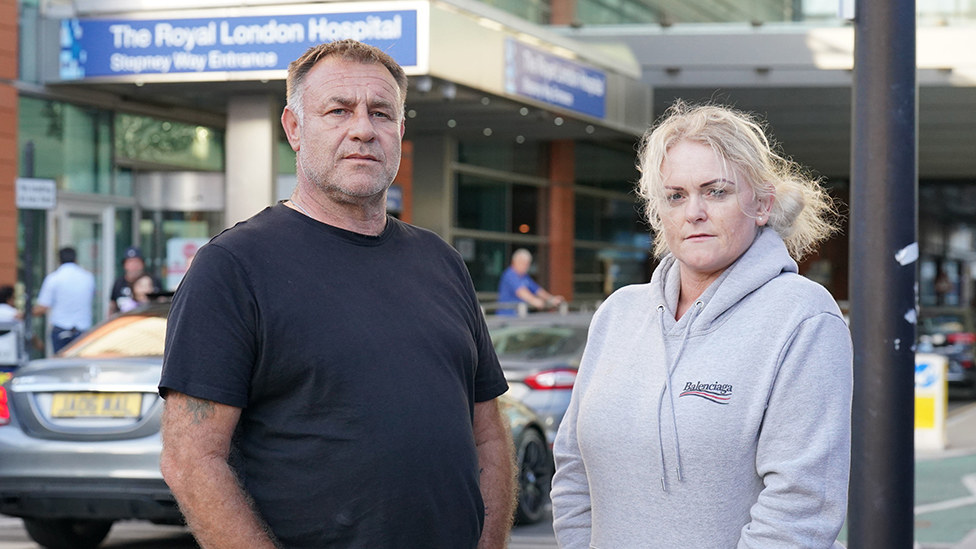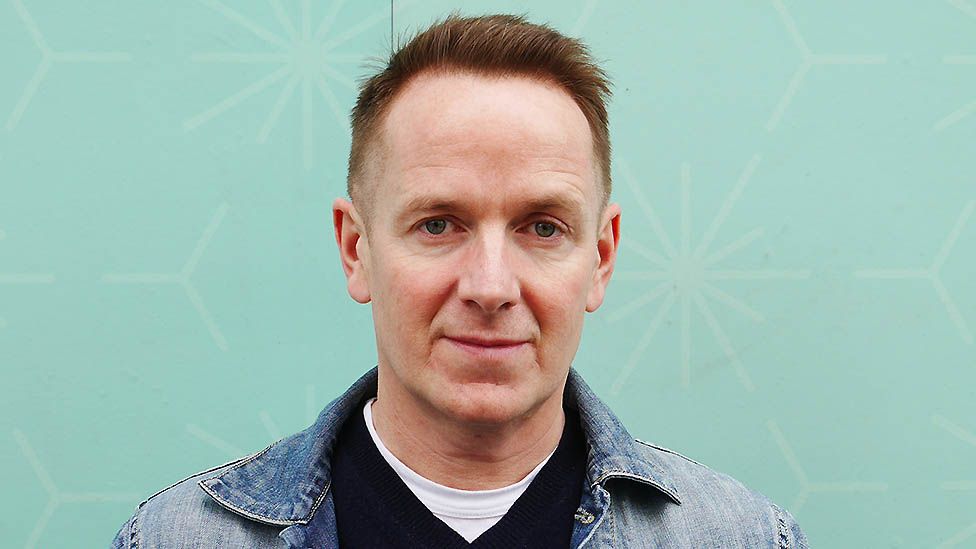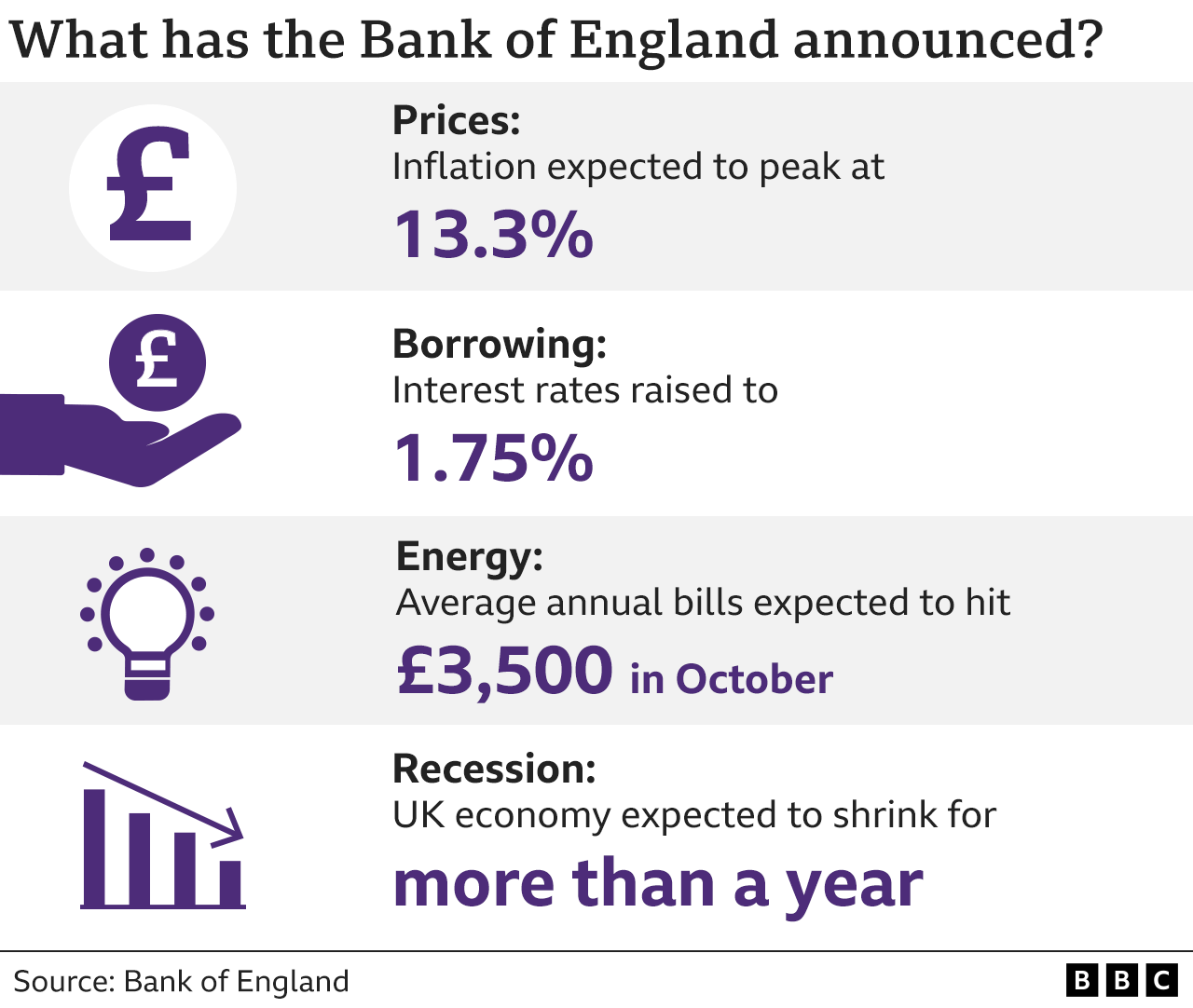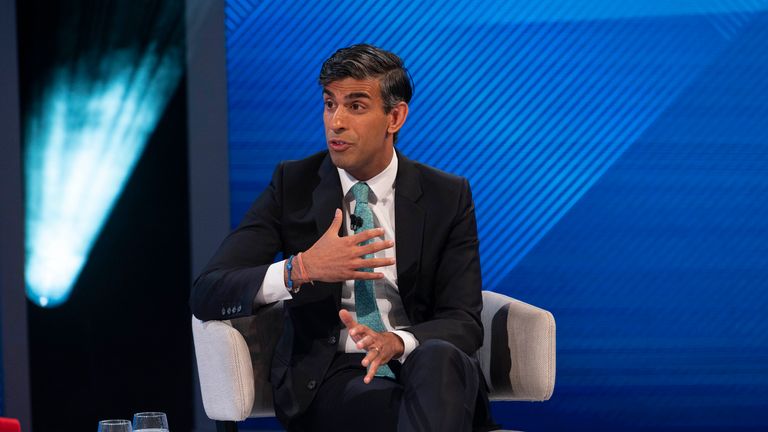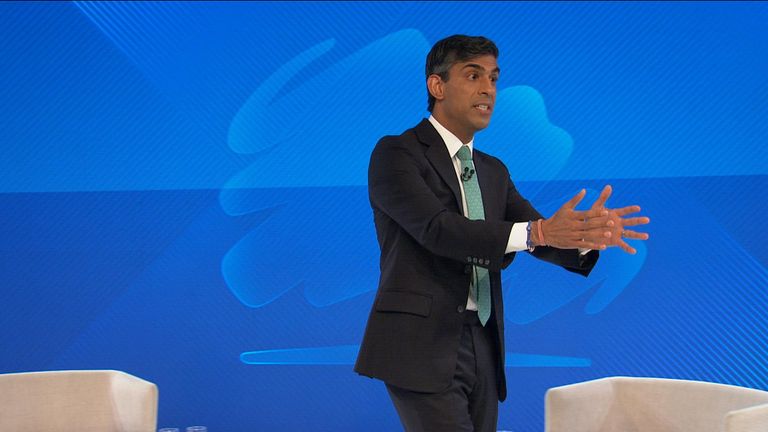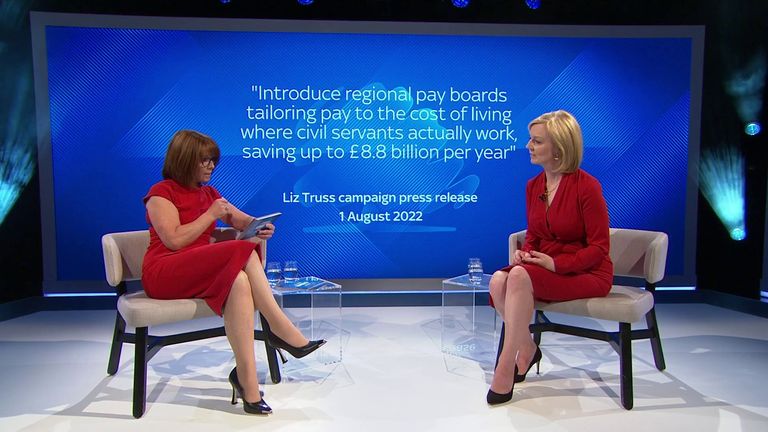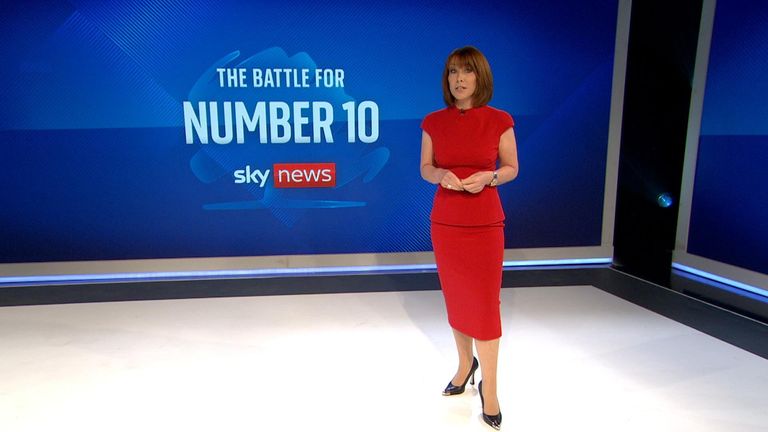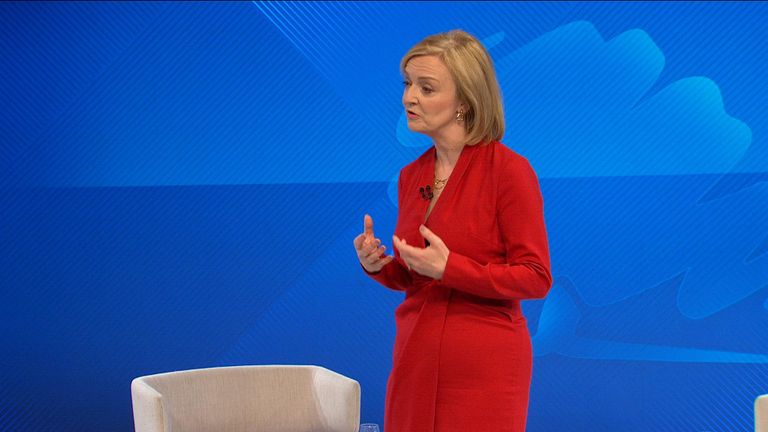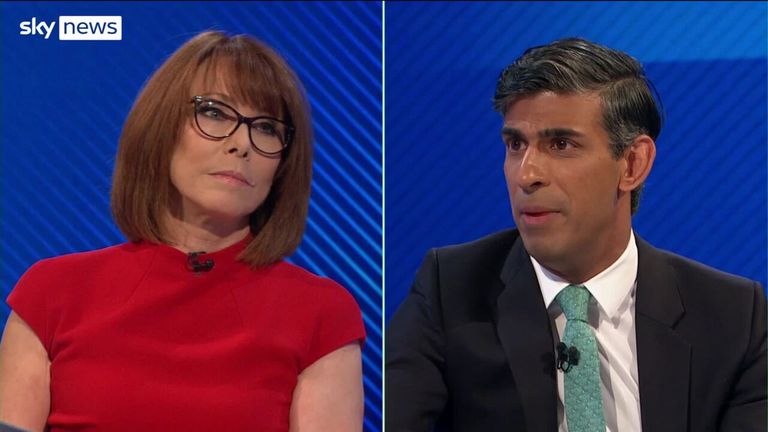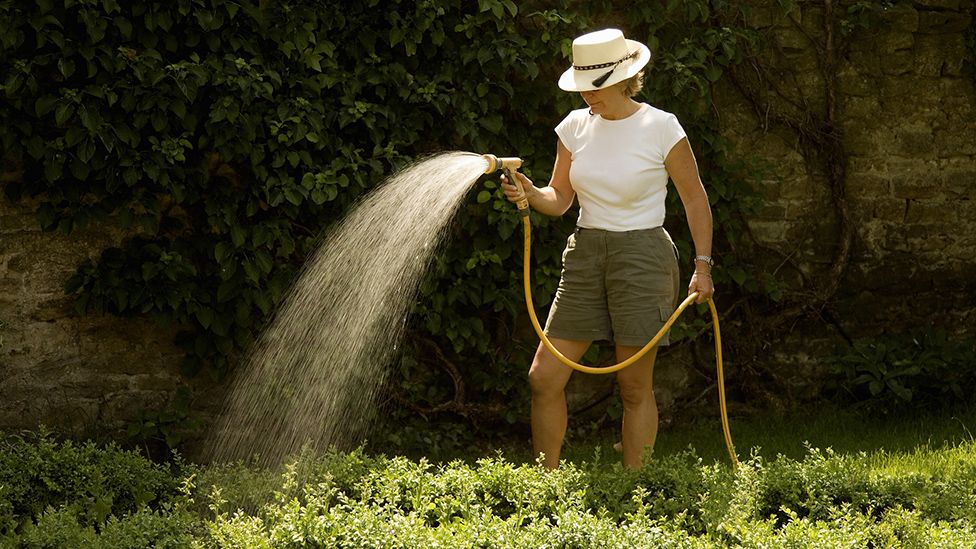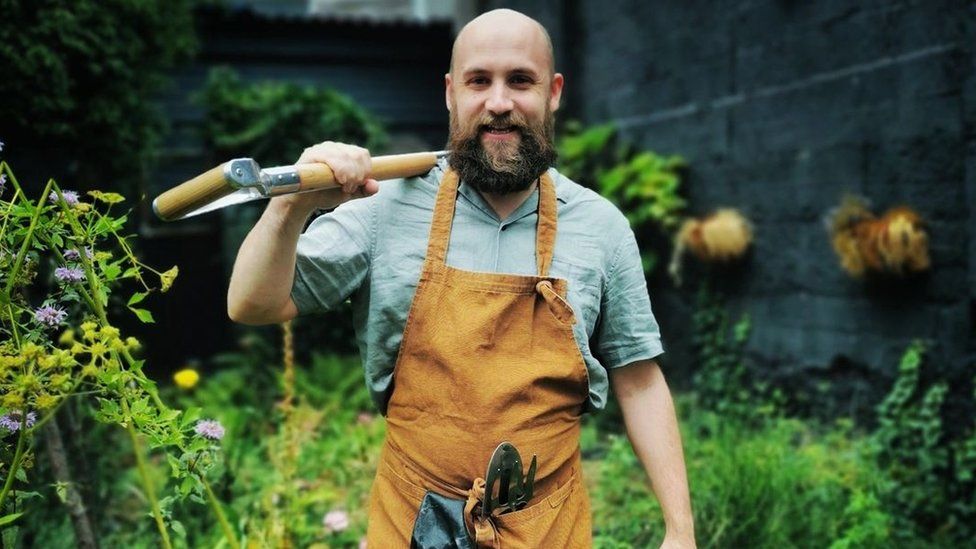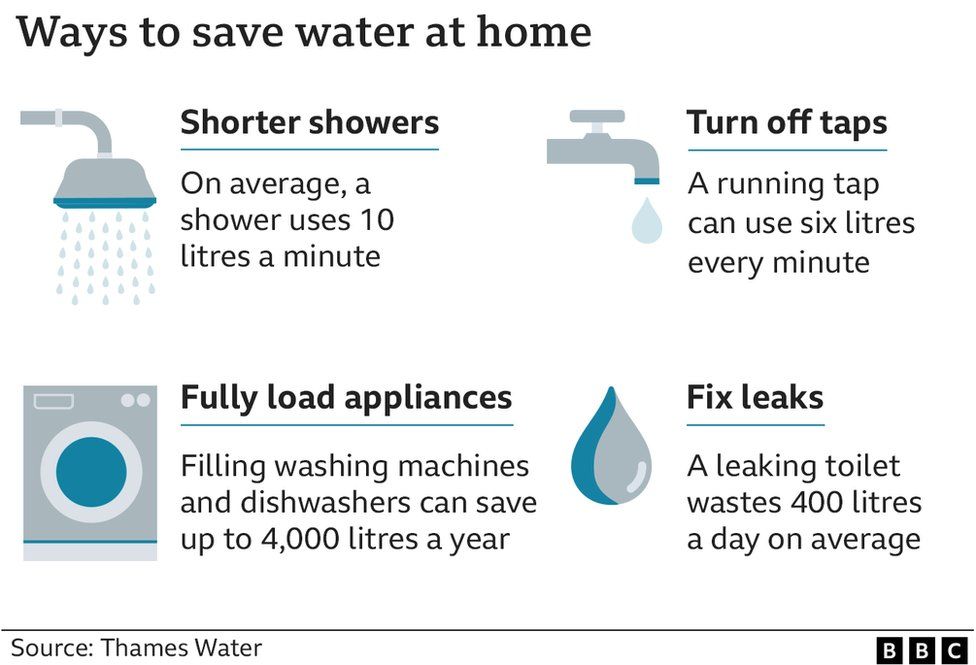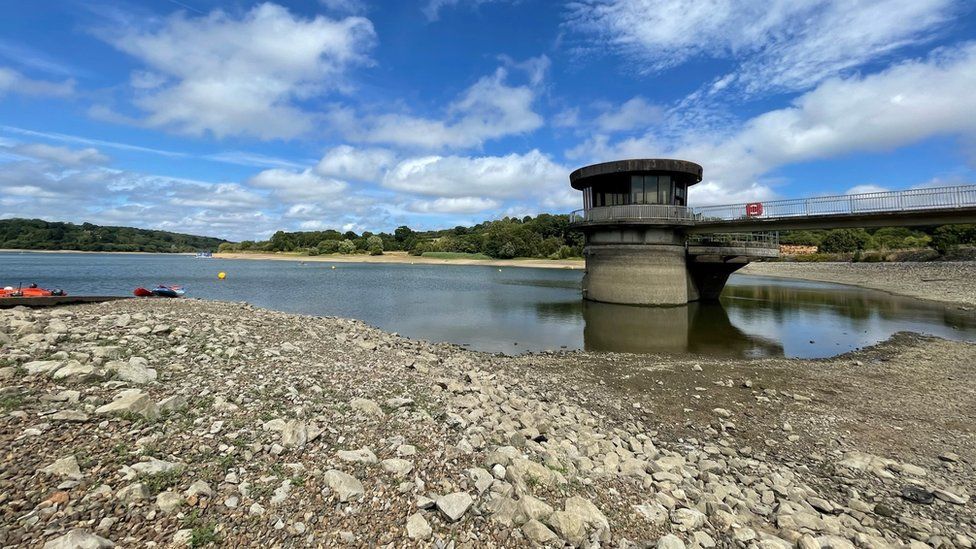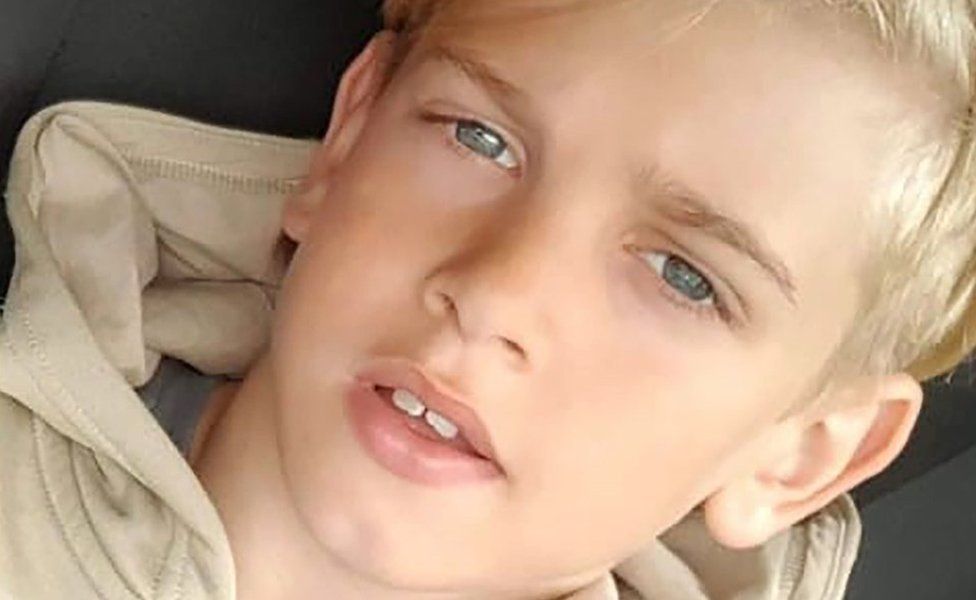 Hollie Dance
Hollie DanceThe family of 12-year-old Archie Battersbee have sought legal permission to move him from the Royal London Hospital to a hospice.
The High Court is now considering the application, after the European Court of Human Rights (ECHR) refused a request to delay withdrawing treatment.
Archie's mother said she wanted her son "in a peaceful hospice to say goodbye".
Doctors have warned there is "significant risk" in moving him.
Life-sustaining support, including mechanical ventilation and drug treatments, for Archie has been in place since April.
Lawyers for Archie's family took part in a legal hearing at the family division of the High Court on Thursday, with the court sitting late into the evening.
It is understood no changes will be made to his care while legal processes are ongoing and no ruling has been made public.
Care was due to be withdrawn on Wednesday but this was delayed for the ECHR to consider his family's appeal.
However, the ECHR said it "would not interfere" with the UK courts' rulings, paving the way for support to be stopped.
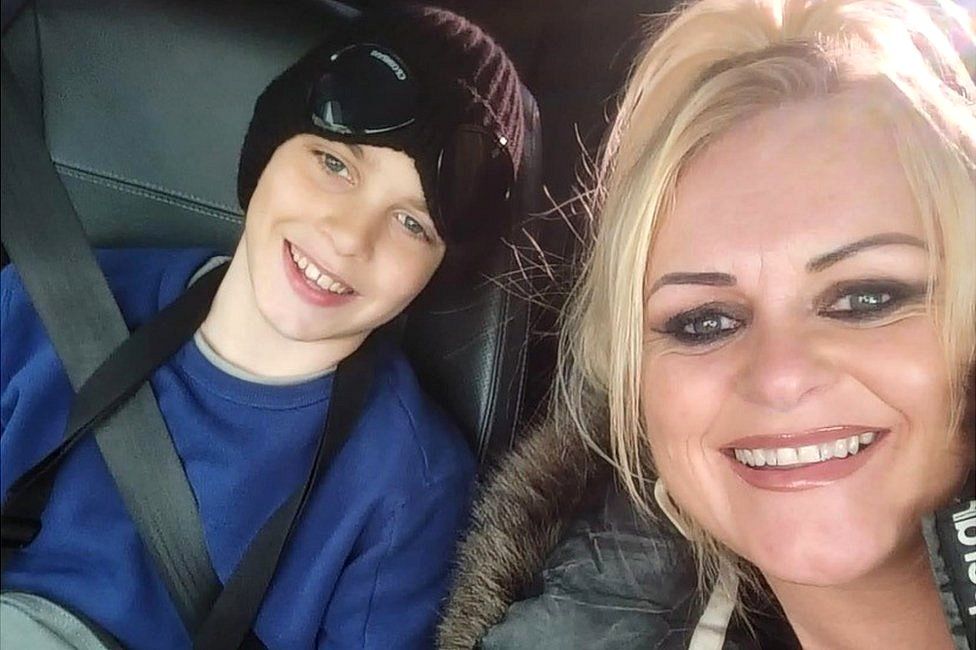
Afterwards, Archie's mother, Hollie Dance, said the legal battle to postpone the withdrawal of her son's life support was at "the end".
In a statement, she said: "I pray that the High Court will do the right thing.
"If they refuse permission for us to take him to a hospice and for him to receive palliative oxygen it will simply be inhumane and nothing about Archie's 'dignity'.
"We will fight to the end for Archie's right to live."
Ms Dance has said she wants her son "in a peaceful hospice to say goodbye and spend time with his family, uninterrupted by the noise and chaos".
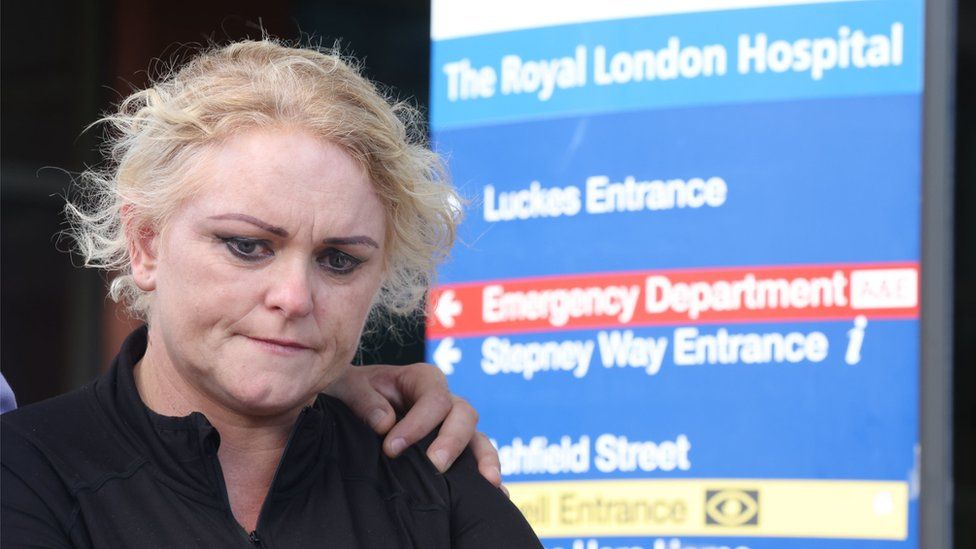
The Christian Legal Centre, which supports the family, said the application, submitted on Thursday morning, asked for Archie to be moved to a hospice and for palliative oxygen to be given once his ventilator is removed.
Lawyers for Barts Health NHS Trust, which runs the Royal London Hospital, said in a letter to the family's legal team that any application to transfer Archie to a hospice would "be opposed on both a procedural basis and best interests basis".
"The trust continues to put Archie's welfare and best interests at the forefront of its decision making about his care," the letter said.
"It believes that Archie's condition is unstable and that transferring him even a short distance involves significant risk."
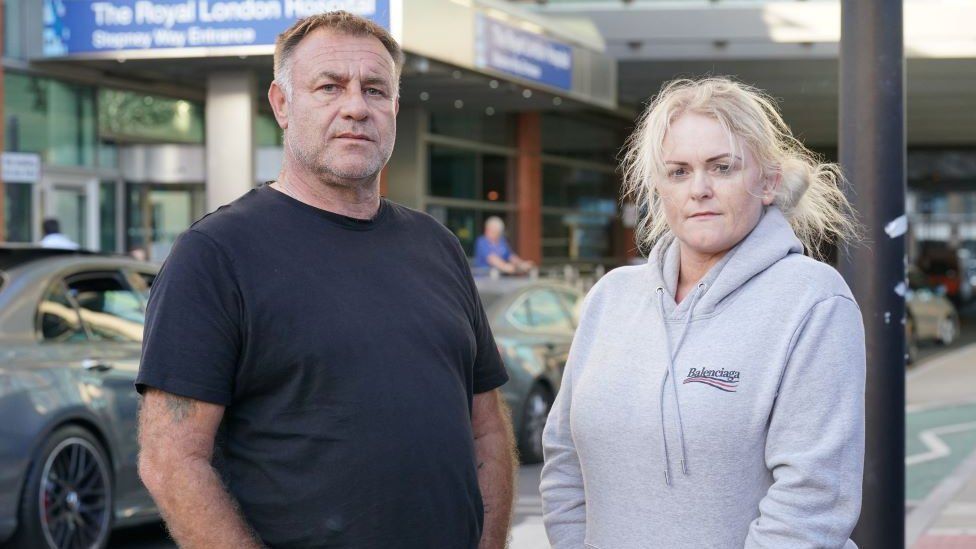
It added the trust considered that the family were now "at the end of the procedural options open to them" and that "any further delay is not in Archie's best interests".
On that basis, it intended to withdraw Archie's treatment at 11:00 BST on Thursday unless an application over the hospice move was submitted.
A High Court order made in July requires that Archie remains at the Royal London Hospital while his treatment is withdrawn.


Archie has been rigged up to numerous machines, drips and monitors to help keep him alive.
His doctors say his condition is so unstable that even turning him in his hospital bed as part of his care is risky.
In their opinion, attempting to transfer him to a hospice by ambulance would not be in his best interests.
There is a high risk that he would deteriorate, even with full intensive care equipment and staff on board for the journey.

Archie was found unconscious at home in Southend-on-Sea, Essex, on 7 April. His mother believed he may have been taking part in an online challenge at the time.
Doctors had previously said it was "highly likely" he was brain-stem dead, with no chance of recovery, and it was in his best interest for life support to end.
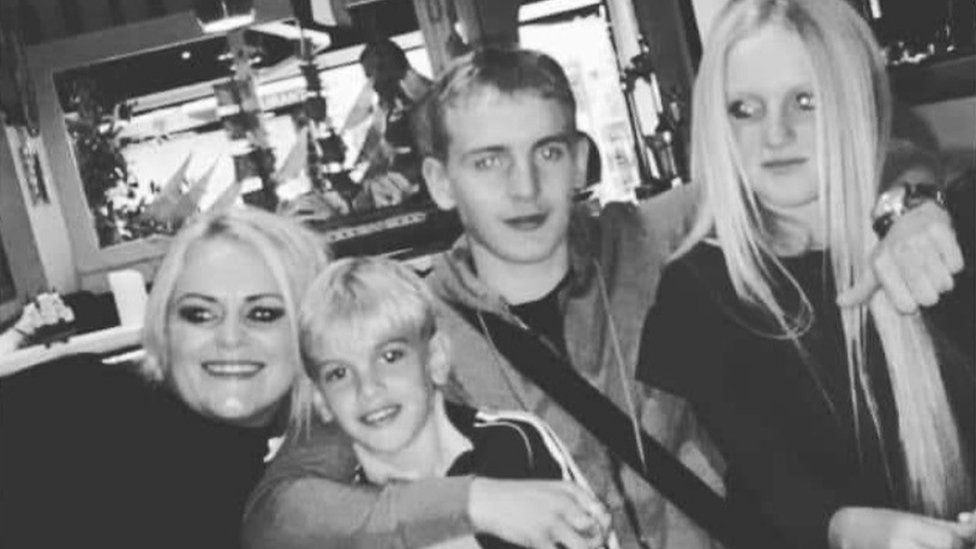

Find BBC News: East of England on Facebook, Instagram and Twitter. If you have a story suggestion email eastofenglandnews@bbc.co.uk
https://news.google.com/__i/rss/rd/articles/CBMiNGh0dHBzOi8vd3d3LmJiYy5jby51ay9uZXdzL3VrLWVuZ2xhbmQtZXNzZXgtNjI0MTgyNTfSAThodHRwczovL3d3dy5iYmMuY28udWsvbmV3cy91ay1lbmdsYW5kLWVzc2V4LTYyNDE4MjU3LmFtcA?oc=5
2022-08-05 03:16:45Z
1511371699
